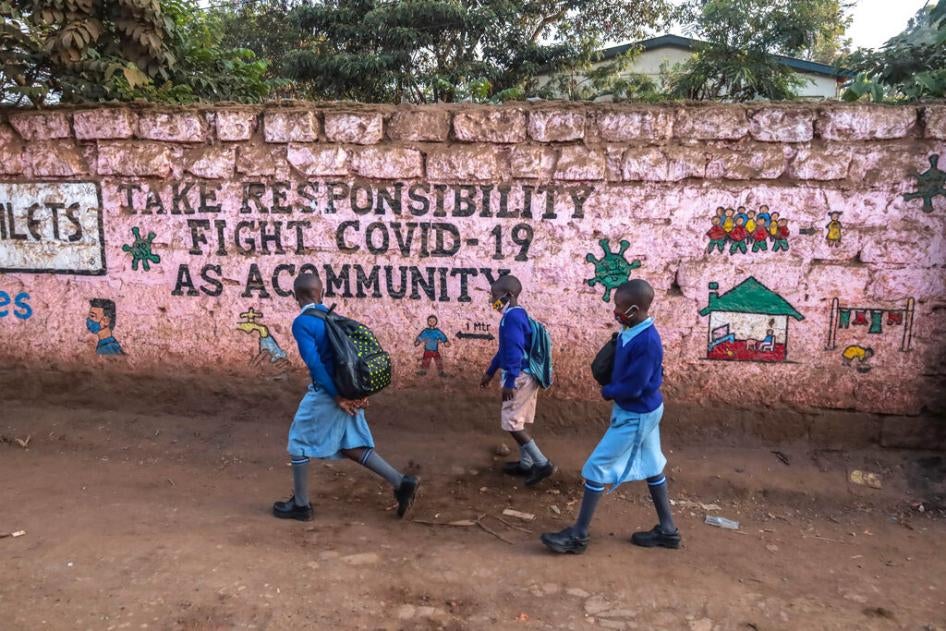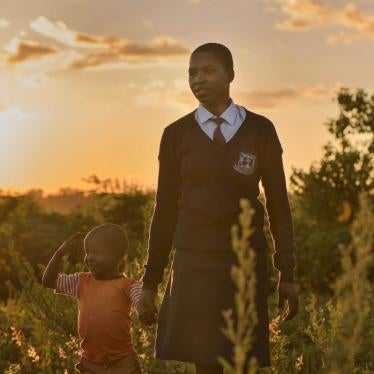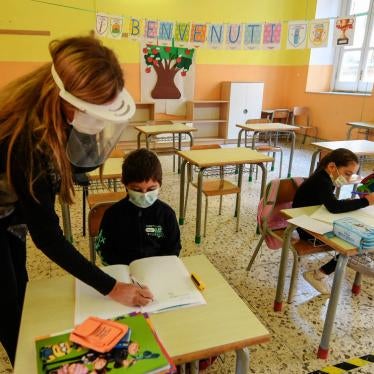Today, the United Kingdom and Kenya are cohosting a two-day Global Education Summit in London to raise US$5 billion for the Global Partnership for Education (GPE), which funds public education in up to 90 countries and territories. These countries are home to more than 80 percent of the world’s out-of-school children.
The summit is happening as governments face huge challenges due to Covid-19 pandemic-related disruptions. Decades of slow but steady progress in educating more children around the world abruptly ended in 2020 when schools closed in most countries. Many closures happened without a good response plan, and in the context of persistent under-investment in public education. This led to serious gaps in governments’ delivery of remote learning during the pandemic.
The ongoing disruption to children’s education has highlighted the need for governments to devote more attention and resources to address the longstanding inequalities in education systems exacerbated by the pandemic. To tackle these challenges, education ministries should deliver bold national funding pledges that meet international targets and protect education budgets from possible austerity cuts. Not doing so would shortchange hundreds of millions of children whose education was sacrificed during the pandemic, many of whom have yet to return to school.
The GPE’s commitment to transform education systems should be grounded in a pledge to fulfill the right to free, quality, inclusive education in practice, not just rhetorically. Today, 36 organizations called on the GPE to use money raised this week to support free public education and ensure it is not used to support commercial education providers. All GPE partners, both donors and recipient governments alike, should also collectively pledge to implement equally bold policies that benefit all children. Education ministries should also pledge to guarantee universal free primary and secondary education, and immediately reverse any policies that undermine this promise, including those that generate inequalities and perpetuate discrimination.
The GPE should also develop its own human rights policy, and establish mechanisms to ensure that it remains accountable for advancing the right to education for all children. In recent years, it has failed to take adequate measures when presented with evidence that partner countries openly exclude and directly discriminate against students, such as pregnant students in Tanzania and Rohingya refugee children in Bangladesh. GPE’s funding should only be used to advance human rights and inclusion.










